VET APPROVED

The information is current and up-to-date in accordance with the latest veterinarian research.
Learn more »Click to Skip Ahead
It is worrying when your elderly cat suddenly becomes disinterested in her food. A reduction in appetite can be a symptom of illness and may require a trip to your veterinarian. If your elderly cat has completely stopped eating for more than 24 hours or is losing weight, you should book an emergency appointment with your veterinarian as soon as possible. If you notice that your cat is still eating but is less interested in her food, there are some steps you can take at home to try to solve the issue on your own first.

How Much Is Your Cat Really Eating?
It can be difficult to know exactly how much a cat is eating, especially if her bowl is kept full throughout the day. If you are concerned that your cat is not eating, double-check the number of calories she is actually getting. Rather than filling the bowl throughout the day, fill it once in the morning with a weighed amount of food and measure the weight of what is left at the end of the day.
By using the calorie density of the food, usually given in kcal per gram, you can calculate how many calories your cat is eating. This number can often be found on the manufacturer’s website, or you can contact their customer service for more info. An elderly cat should be eating roughly 25 to 35 calories per pound to maintain body weight. If you are concerned about a low caloric intake, book an appointment to see your veterinarian.
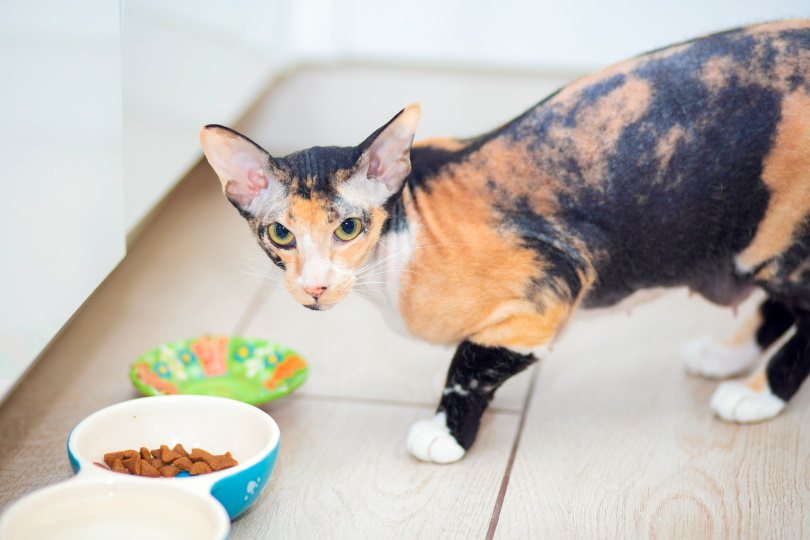
Try a Different Food
It isn’t very common for an elderly cat to suddenly develop a preference for a different type of food. If she is suddenly eating less than usual, it may be worth trying a calorie-dense food. These foods will contain more calories in each bite so your cat will have to eat less to satisfy her nutritional requirements.
You may find that your cat eats more of a diet that has a soft texture, such as wet food. These foods tend to release many tasty aromas to entice even the most finicky eater.
Whichever food you use, ensure that it has an adequacy statement on the label and is complete and balanced for adult cats. If your cat has an ongoing medical issue, consult with a veterinarian before changing her diet.
Give Your Cat a First-Class Meal Experience
Cats have been found to prefer a meal that is at body temperature. Wet foods can be gently warmed to make them more appetizing to finicky eaters. A portion of warm, wet food will also tend to release a strong aroma, which should help get your cat in the mood for a meal. If you do warm up your cat’s meal in the microwave, make sure that it is no warmer than body temperature before serving.
If the food cannot be warmed, another way to make a meal more interesting is to add a little something extra tasty. A small amount of plain, boiled chicken or a meal topper purchased at the pet store can do the trick. If you are adding something to your cat’s meals, ensure that it makes up no more than 10 percent of her daily calories. These extra trimmings will not be nutritionally balanced, and too much could make your cat ill.
Some cats just need a little bit of extra care during mealtime and prefer to have someone sit with them while they eat. You might find that your cat is more likely to eat food from your hand as well.
Or, if you’re looking to try something a bit different, the Hepper NomNom Cat Bowl puts an innovative, modern spin on the traditional cat dish. It caters to the specific needs of felines, like offering whisker relief and elevated dishes that improve better posture. Its also a gra option for pet owners! It's contemporary in style and the base wraps around both stainless steel bowls to ensure that any food and water stays in the tray and off your floor. Find out here if the Hepper NomNom Cat Bowl is right for you. At PangoVet, we’ve admired Hepper for many years and decided to take a controlling ownership interest so that we could benefit from the outstanding designs of this cool cat company
Keep a Calm Dining Environment
Elderly cats can be very sensitive to their environment. A high-traffic area such as the kitchen or living room may not be the best place for your cat to enjoy her meals. Try keeping the food bowl in a quiet but comfortable part of the home. Remember to keep the litter box away from the food and water bowls as well!
Keep in Mind That It Could Be a Medical Issue
Elderly cats tend to be at higher risk for medical problems. Many clinical issues will manifest with loss of appetite as a clinical sign. If your cat outright refuses to eat any food for 24 hours, you should take her to see a veterinarian as soon as possible. Not only is this a sign of a potentially very serious medical issue, but a cat who stops eating is at risk of fatty liver disease.


Conclusion
The next time your golden oldie feline turns up her nose at her meal, you’ll have a few tricks up your sleeve! If you keep your veterinarian in mind if things don’t improve, you are sure to find a solution that works well for you and your cat.
See also:
- How to Help a Senior Cat Gain Weight: Things to Try
- Why Is My Older Cat Losing Weight? Reasons to Look For
Featured Image Credit: Kitirinya, Shutterstock
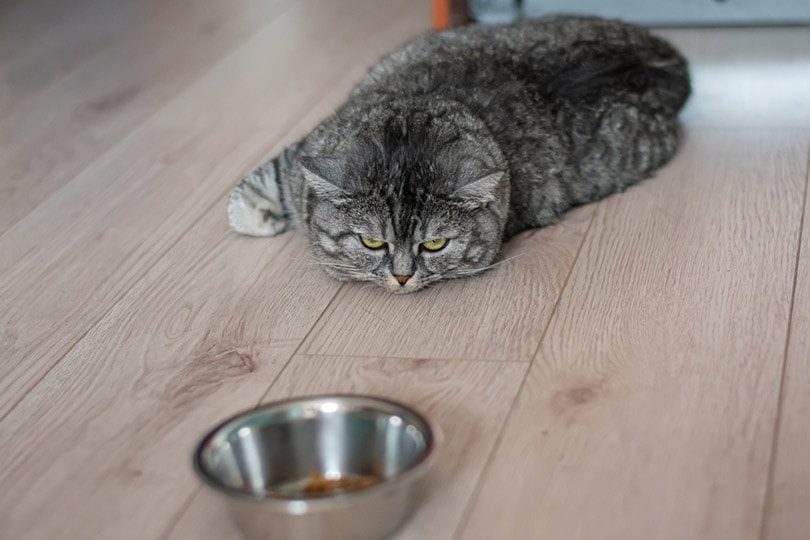







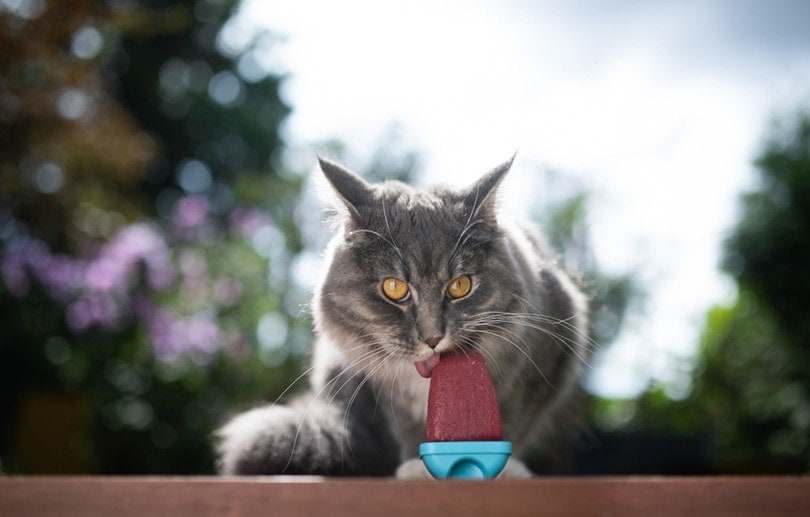
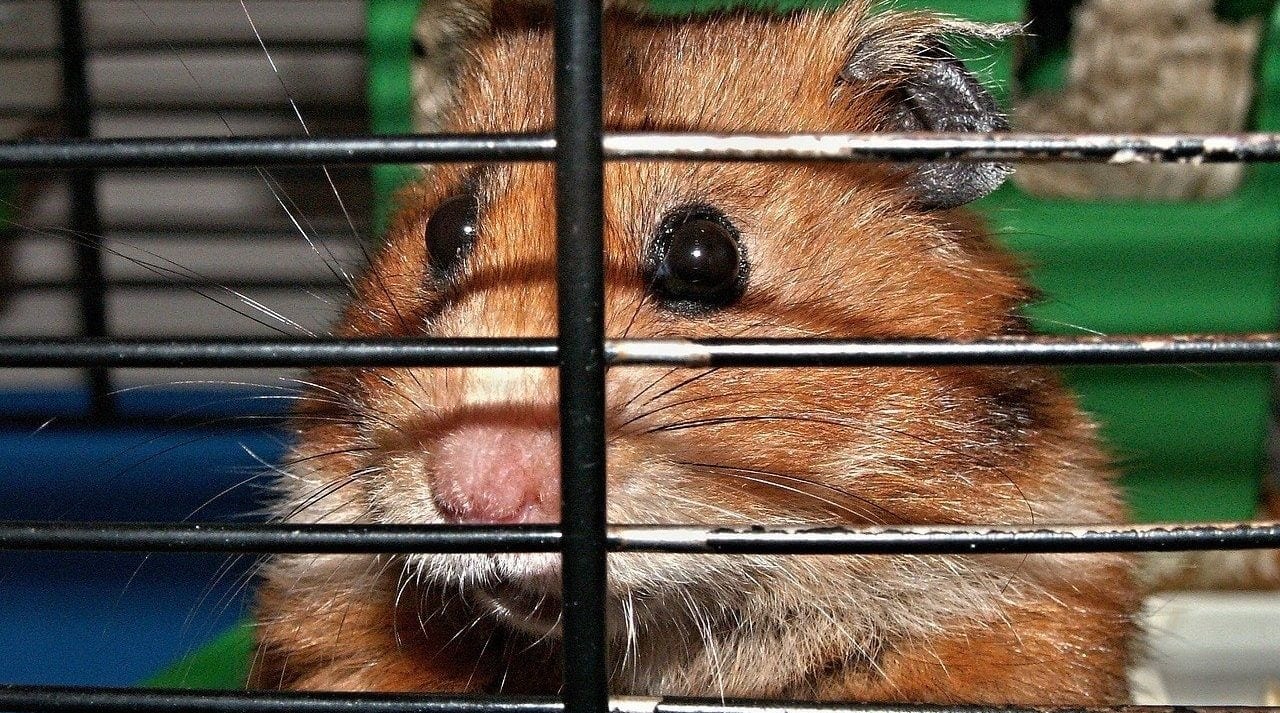
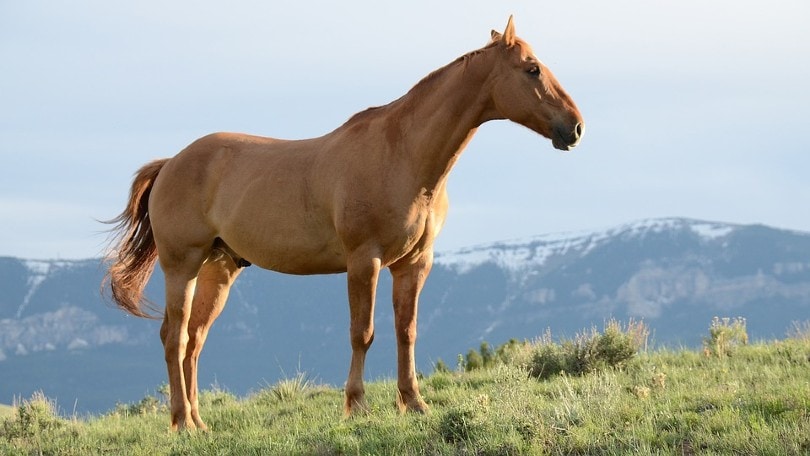



2 Responses
My elderly cat has IBD. His eyesight is failing. He makes small moaning sounds in his sleep, and sometimes when I pick him up. He now has suddenly developed strong smelling urine. Took him to the Vet. She checked him over and basically said he is aging. She felt all around his tummy and hit a tender spot “close to his lower spine”. She indicated lymphoma may be in his future. I give him a special diet for sensitive stomachs, pre and pro biotics, and goat milk. He hates most cooked people food, all frozen cat food, most canned cat foods, but does like some fish (halibut, lobster … white fish flesh.
He is about 13 years old, possibly older, as he came to us as a stray. Oh, and he also has bad teeth and gums but the Vet does not think it wise to put him under for a cleaning.
Is there more I can do for him? Thank you.
Hi Linda,
Thank you for sharing your cat’s situation and for the attentive care you’re providing him. At his age and with his underlying conditions, ongoing monitoring and supportive care are essential. The changes you’ve observed, such as the strong-smelling urine and discomfort near his lower spine, could indicate an underlying issue like a urinary tract infection, kidney disease, or chronic pain. These should be addressed with diagnostic tests, such as a urinalysis and bloodwork, to guide appropriate management.
For his dental disease, while anesthesia carries risks in senior cats, untreated oral pain and infection can impact his overall health and well-being. A thorough pre-anesthetic evaluation and advanced monitoring could make a dental procedure safer if necessary. Maintaining his hydration and tailoring his diet to his preferences while balancing his nutritional needs is crucial. Since he enjoys goat milk and fish, ensure these are part of a complete and balanced plan to prevent digestive issues. You may also benefit from consulting an online vet at Pangovet.com. for additional support. Thank you for your care and dedication to his quality of life, it makes a world of difference.